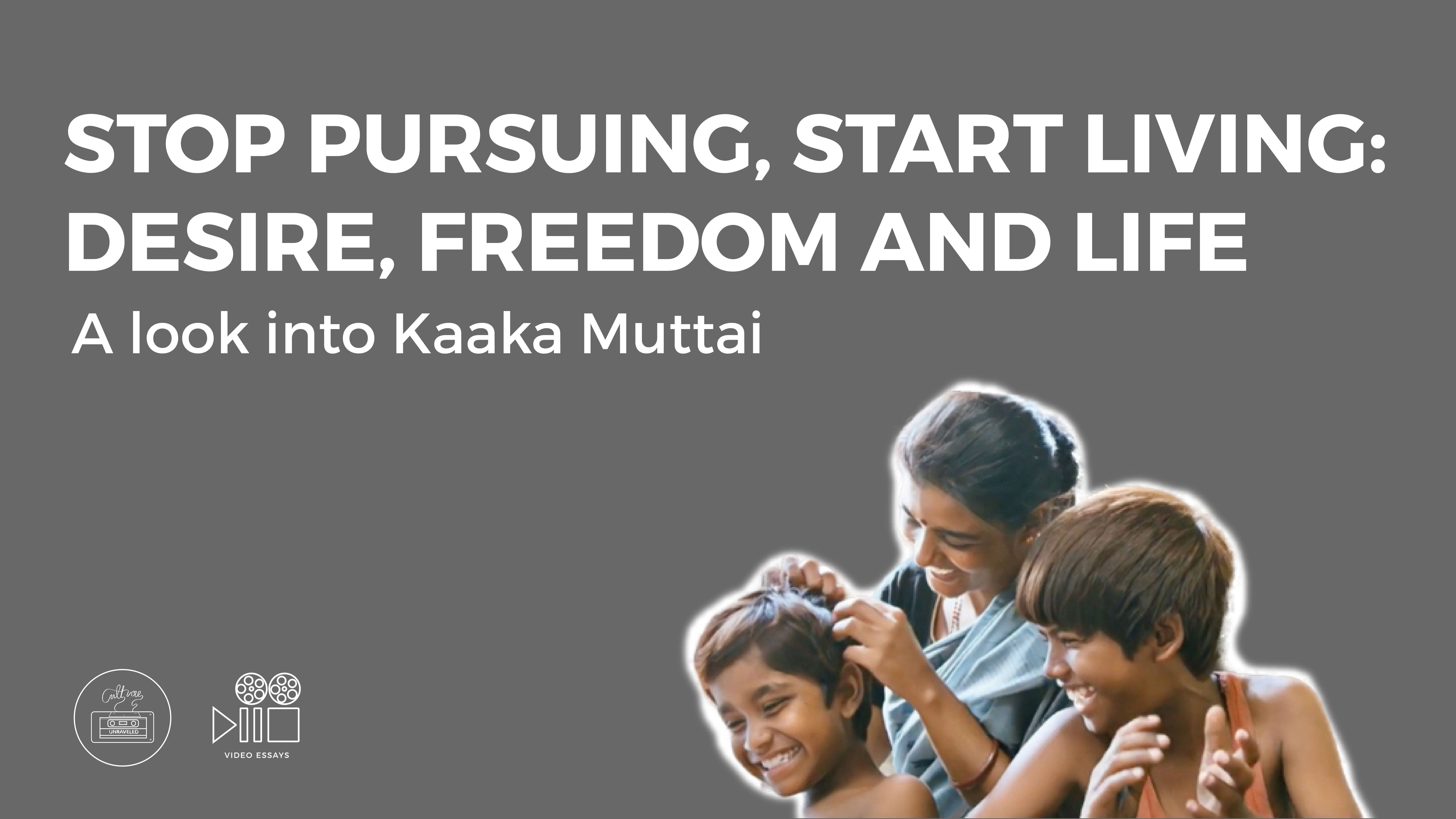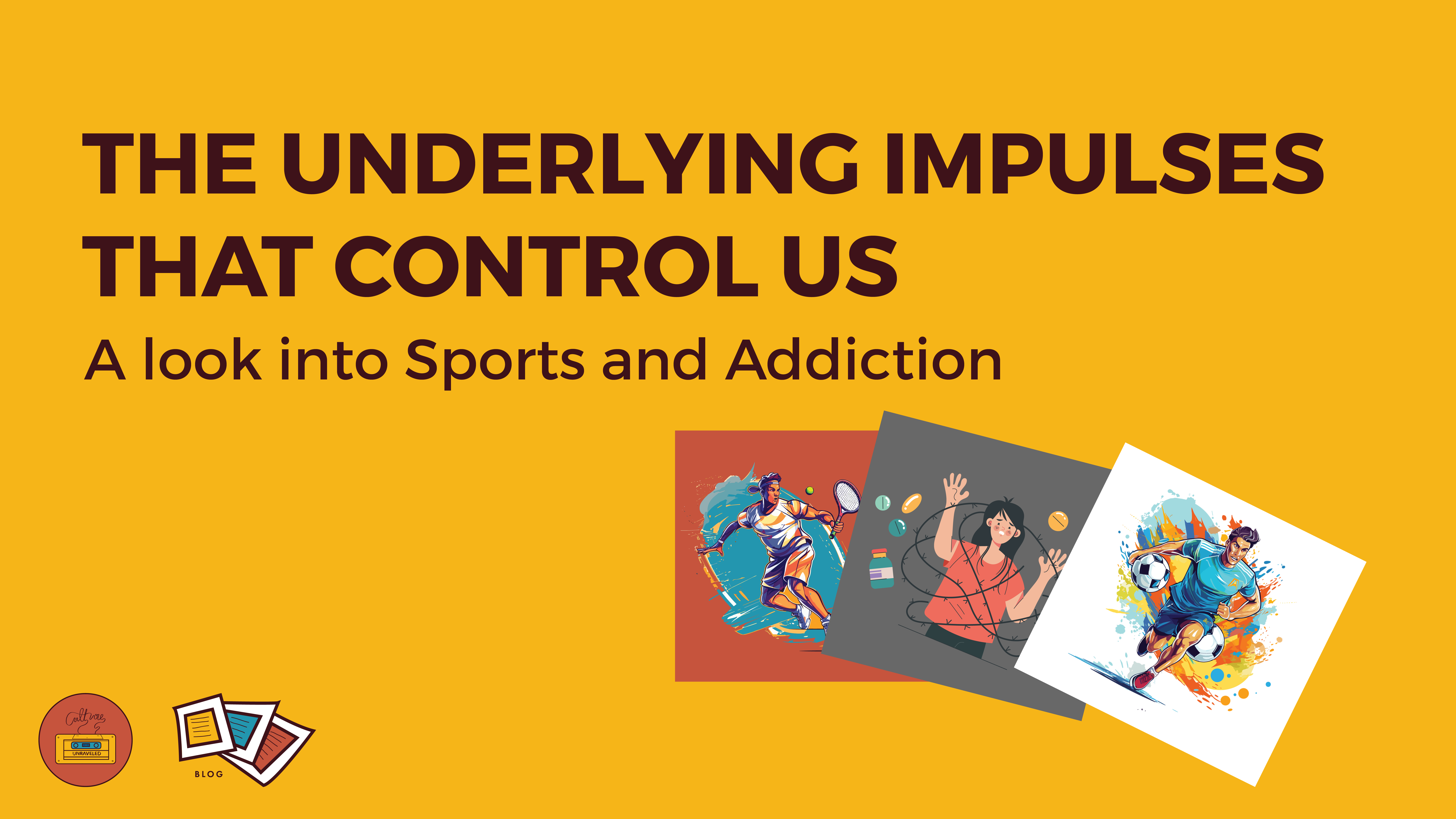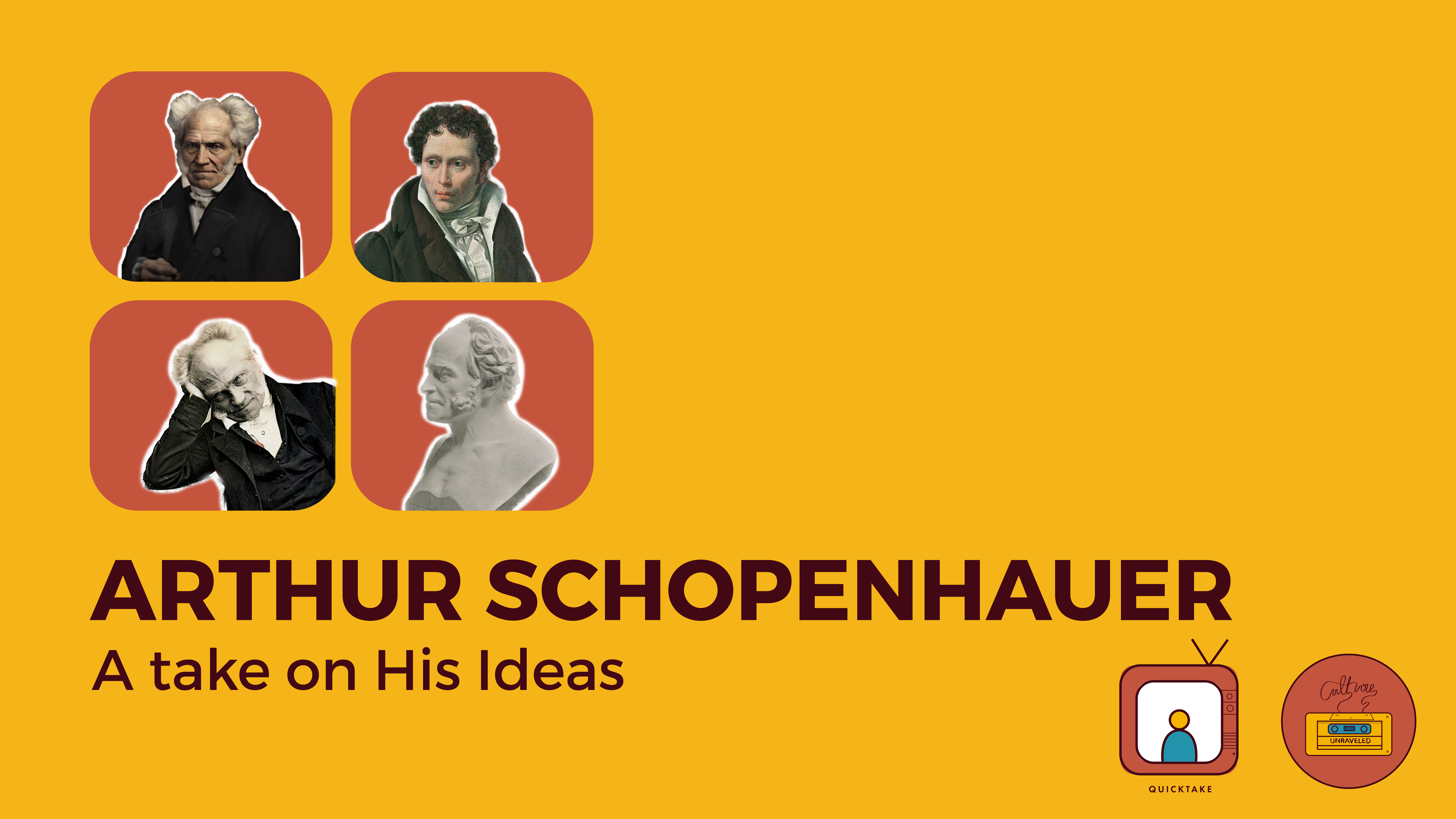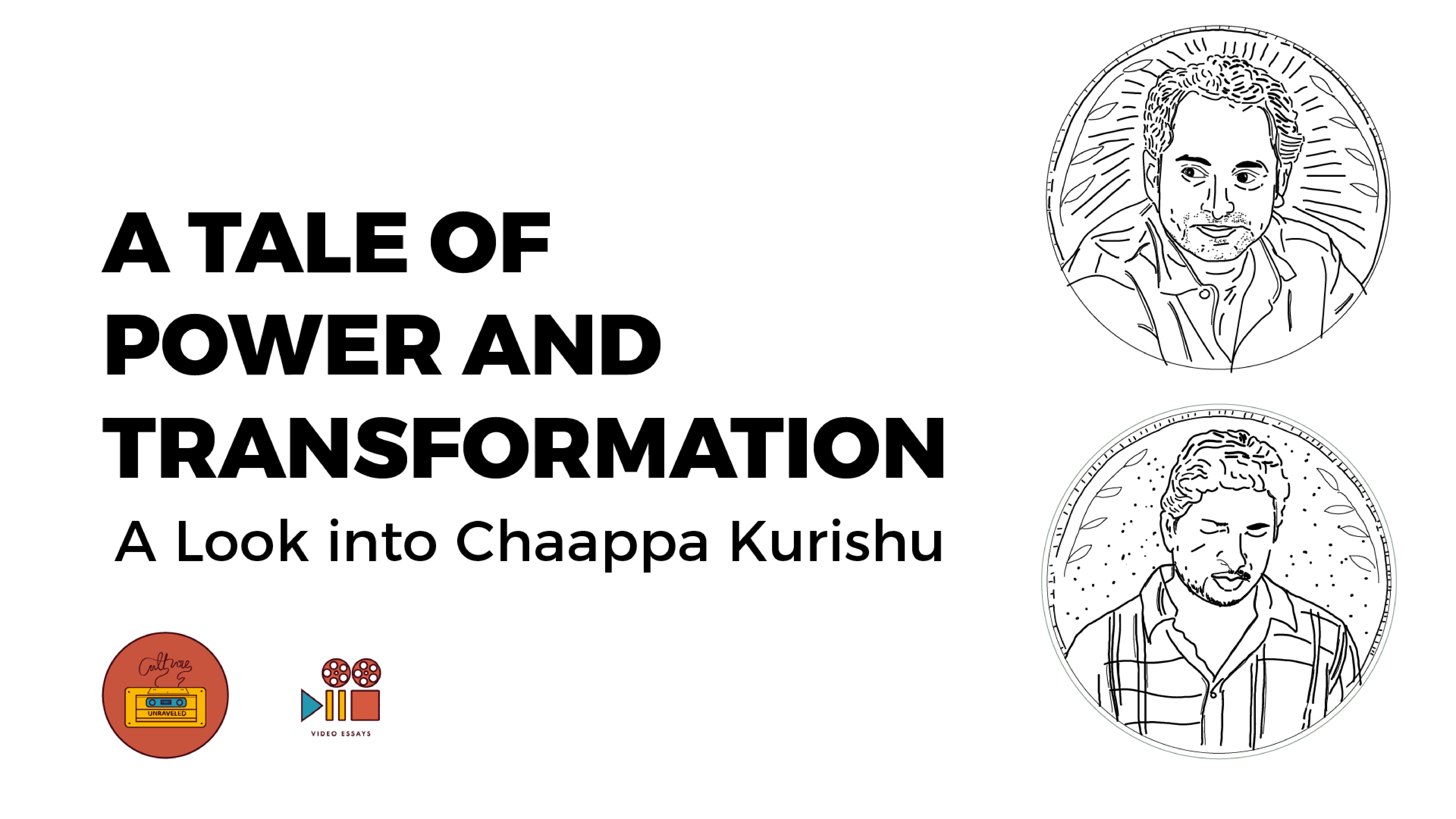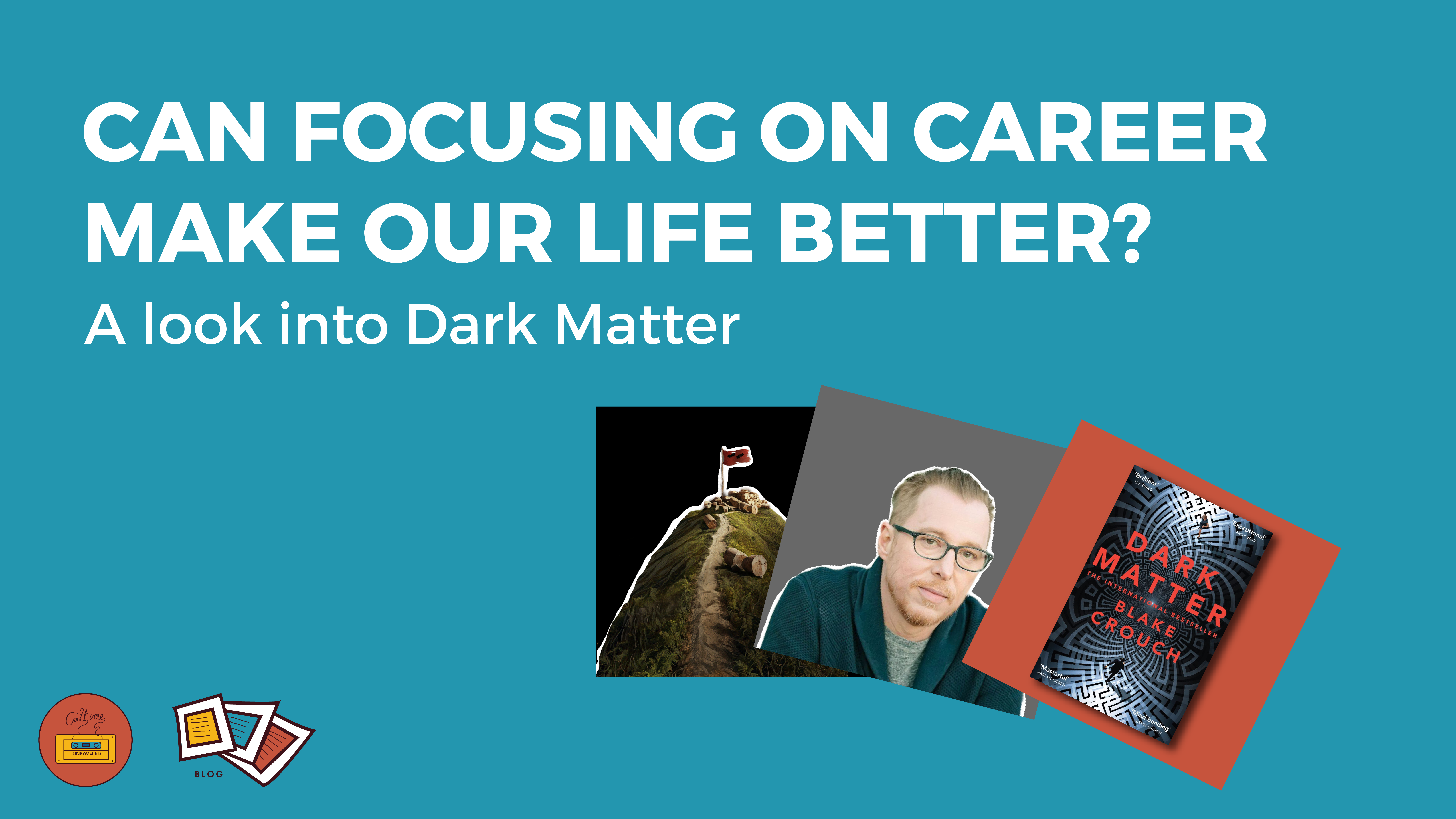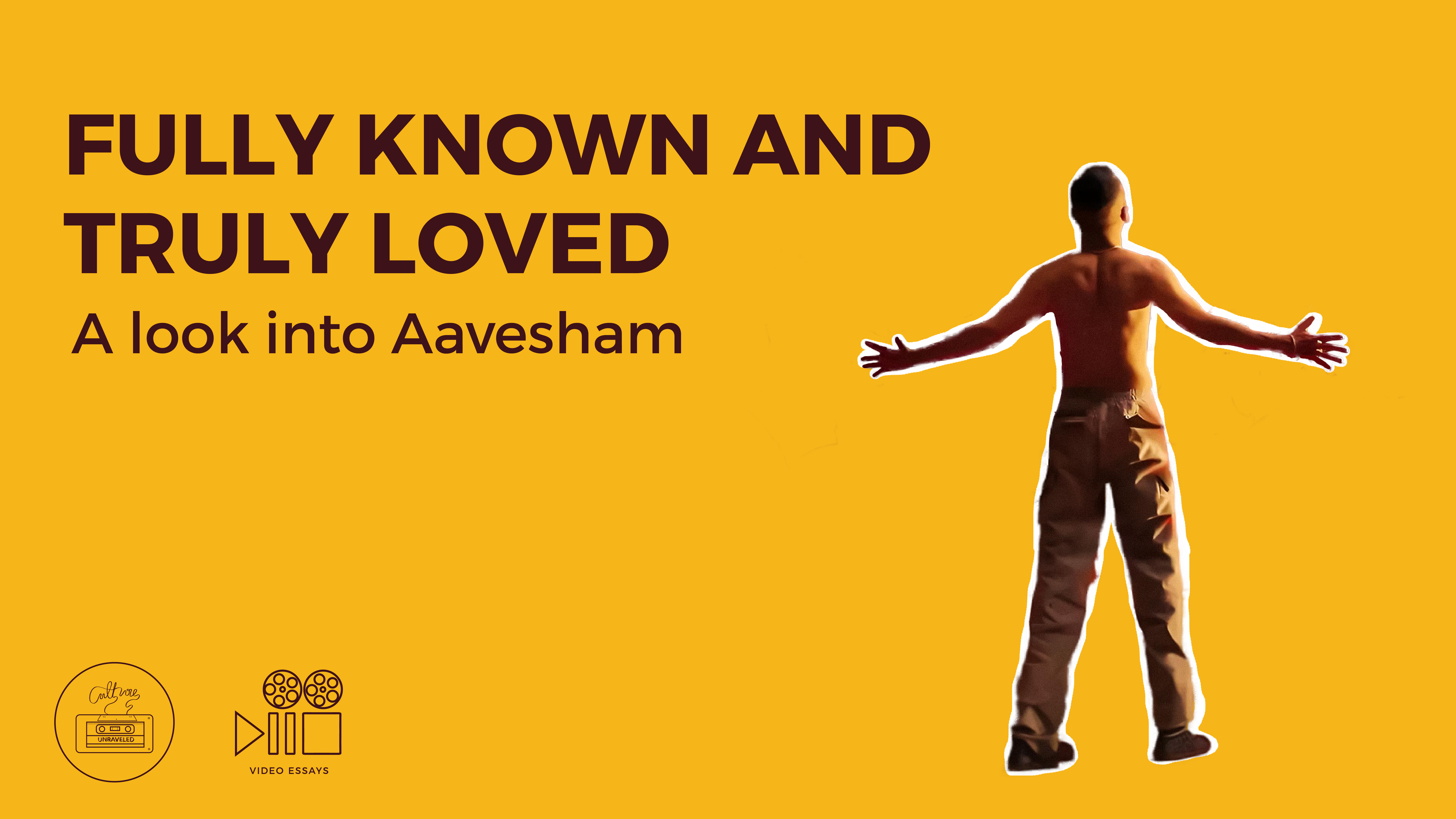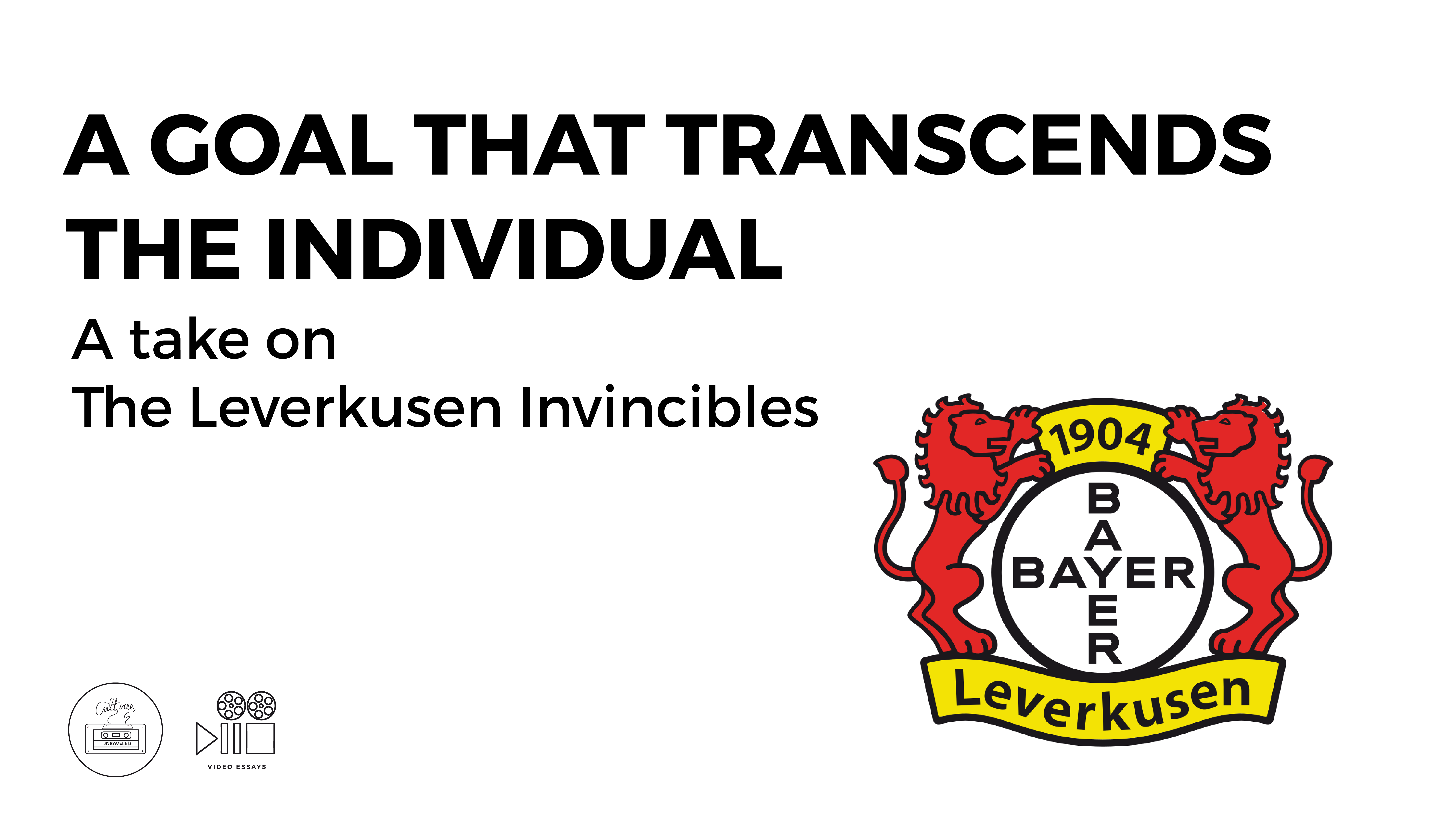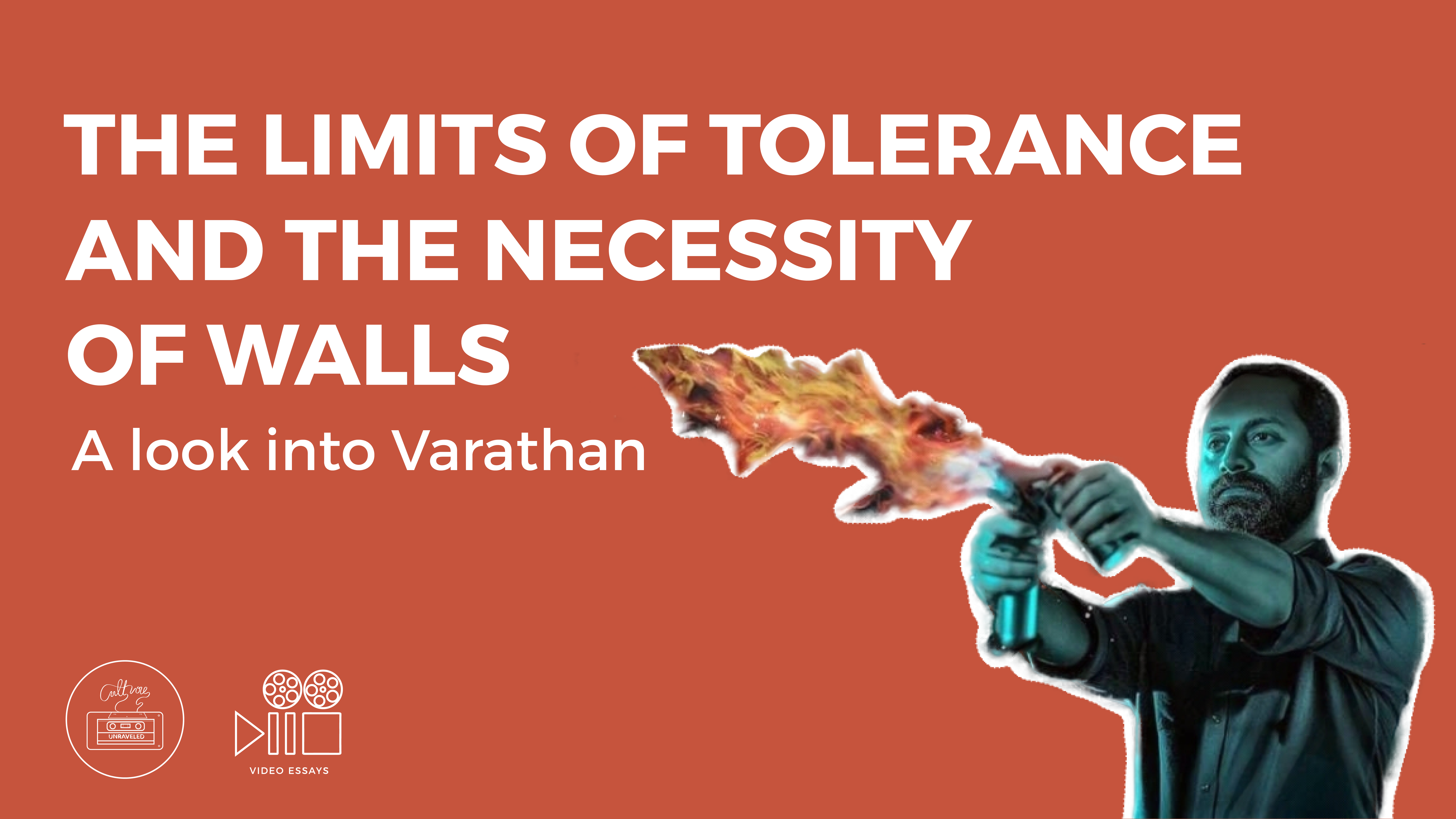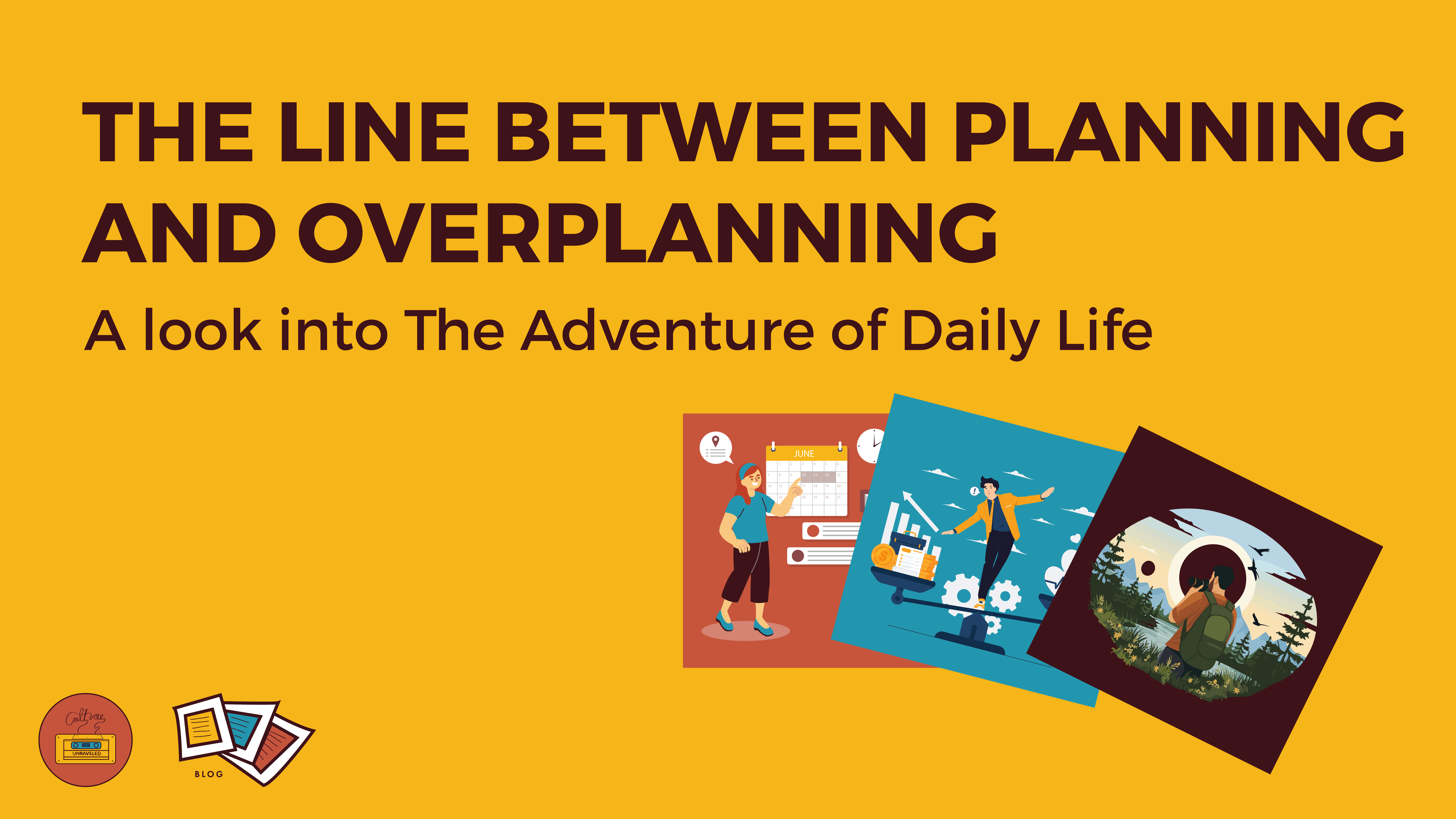
Life, with all its twists and turns, surprises, and unexpected joys, is an adventure that we find ourselves a part of. It is in the spontaneous moments and the unplanned detours of life, that we often find the most meaning and fulfilment.
But there is also great meaning and fulfilment to be found in doing the things we love to do, in intending to do something valuable and fulfilling that intention and working towards the goals we have, and often in order to do those things we need to structure our lives and subsequently, our days, in a way that caters to that.
This often takes the form of scheduling and planning our day to day life. Now this isn’t a bad thing at all, a routine is something everyone should undoubtedly have. Especially in the hustle of modern life, where time seems to slip through our fingers so easily, planning has become a necessity. We meticulously schedule our days, hoping to maximise productivity and efficiency. Of course, having structures and planning our lives can be immensely beneficial as it allows us to prioritise tasks, take control of our time, and ensure that we accomplish what we set out to do. But there exists a delicate balance between planning and overplanning, and it is essential to make sure we stay on the right side of that line.
When taken to the extreme, which can very easily and seamlessly happen, scheduling the sequence of the unfolding of your time can drain the adventure out of day to day life and turn what we once loved to do into chores were forced into rather than passions we get to explore.
But how do we find this balance? How can we have the advantage of making sure we don’t let our time go to waste, completing the tasks that are required of us and doing the things we feel passionate about, while simultaneously embracing the adventure and unpredictable nature of daily life?
Well, here’s a system that consists of 3 different ways to categorise tasks and time, that could help answer this question:
- The Non Negotiables – Deadlines, Work & Dependent Tasks.
The non-negotiables encompass tasks such as meeting deadlines, fulfilling work obligations, and attending to tasks that are dependent on your contribution or involvement and cannot be postponed. These are the anchors that provide structure to our days and require our primary attention and commitment.
- The Open Blocks – The 3 Options
Alongside the non-negotiables are the open blocks of time in your day, which represent the flexibility and spontaneity we crave in our schedules but maintain the feature of actually getting things done and moving closer to our goals. These are the scheduling slots reserved for activities we feel passionate about or simply wish to explore, but without the rigidity, obligation or limitation of fixed plans. By keeping 3 options within these open blocks, we allow ourselves the freedom to choose based on our mood, energy levels, or current circumstances, ensuring a sense of authenticity and balance in how we allocate our time and allowing us to be fully invested in the task at hand.
- The Default Mindset
The Default Mindset refers to the idea that the daily schedule doesn’t always need to be the only way the day can unfold. Recognizing that not every moment can be meticulously planned or controlled. Embracing the default mindset means understanding that deviations from our schedules are not failures, but rather opportunities for adventure. It invites us to be open to the adventure of daily life and ready to be taken away from the detailed structure we have for our days so long as it doesn’t affect the non-negotiables. In a sentence it means: we should think of our schedule as something we default back to if nothing else is going on or no other adventure arises, not as the only option for the sequence of the day.
From the delicate balance of structuring tasks to leaving room for spontaneity, it’s evident that the key lies in flexibility and the acceptance of adventure. Ultimately, in our quest for productivity and fulfilment, it’s not about adhering rigidly to schedules or chasing after the illusion of control, but rather about embracing the ebb and flow of life with open arms. By embracing the adventure of day to day life, you actually start to see time in a way that allows you to do the things you need to, but also still feel satisfied and fulfilled when the day doesn’t go exactly how you planned it. After all, the only way you can plan to be spontaneous, is by occasionally allowing yourself, to have no plan at all.
_________________________________________
Written by Ben Joshua

